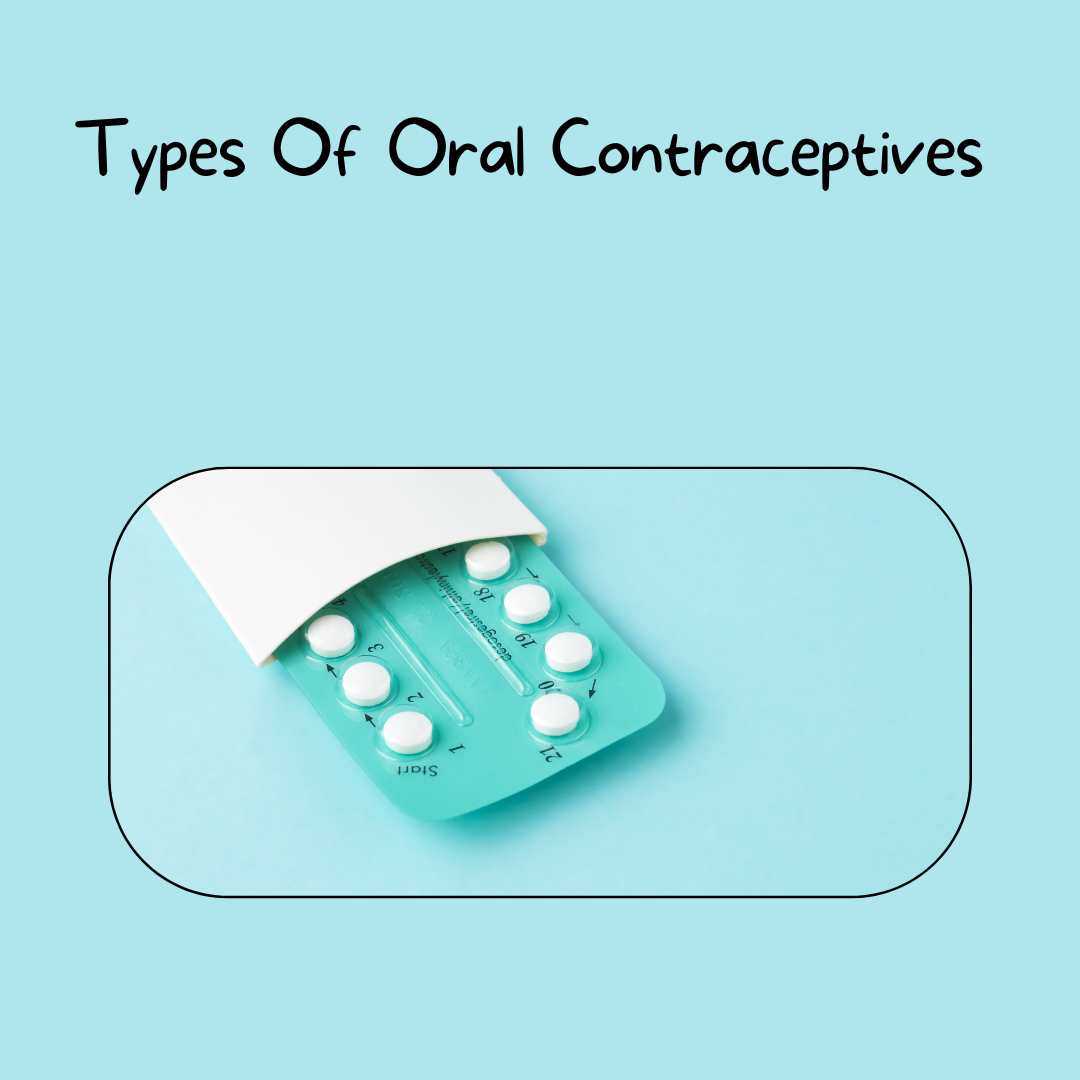Types Of Oral Contraceptives

As a woman, understanding the different types of oral contraceptives available is an important part of making informed choices about my sexual health. With so many options available, it can be hard to know which type of contraceptive is best for me. In this article I will be exploring the different types of oral contraceptives, including the pros and cons of each, so that readers can make an informed decision about the best contraceptive choice for them. I will be discussing the different hormones used in oral contraceptives, as well as the various methods of taking the pill, so that readers can find the best contraceptive option for their lifestyle. Finally, I will be providing advice on how to make sure that the chosen contraceptive option is as effective as possible.
Benefits of Oral Contraceptives
Oral contraceptives, also known as birth control pills, have become a popular and reliable method of contraception for many women. Aside from being effective in preventing unwanted pregnancies, there are countless other benefits that come with taking oral contraceptives.
Oral contraceptives can reduce the risk of developing certain cancers, such as ovarian and endometrial cancer. In fact, according to a study conducted by The American Cancer Society, women who took birth control pills for five years or more had a 50-60% reduced risk of developing ovarian cancer.
In addition to decreasing the risk of developing certain cancers, oral contraceptives have also been proven to reduce painful menstrual cramps and regulate heavy periods. This can help alleviate some of the unpleasant symptoms associated with menstruation and provide a woman with more control over her cycle.
In addition to the physical benefits that come with taking oral contraceptives, the pill can also provide emotional benefits. For example, it can reduce anxiety and fear that comes with the possibility of unplanned pregnancy. It can also reduce the risk of developing depression, according to a study conducted by Harvard Medical School.
Overall, oral contraceptives can be a reliable and beneficial form of contraception. It is important to consult with a healthcare provider to determine the best type of birth control for you. There are many different types of oral contraceptives available, so it is important to weigh the benefits and risks associated with each option.
Progestin-Only Pills
Oral contraceptives are one of the most popular forms of birth control. Progestin-only pills (POPs) are a type of oral contraceptive that use progestin, a synthetic version of the hormone progesterone, to prevent pregnancies. POPs are often recommended for those with a history of estrogen-related health issues, such as blood clots or stroke.
POPs are 99% effective in preventing pregnancy when taken as directed, and they do not contain any estrogen. Some of the benefits of POPs include amenorrhea, or no period at all, and lighter periods. Additionally, POPs do not interfere with fertility after use has been discontinued.
Despite their effectiveness, some users report side effects such as weight gain, mood changes, and changes in libido. It is important to note that these side effects are rare and can usually be managed with lifestyle changes. If you are considering POPs, it is important to talk to your doctor about your health history to help ensure you are taking the right medication for your needs.
In conclusion, POPs are a popular and effective form of birth control for those who cannot use or do not want to use estrogen-based contraceptives. It is important to talk to your doctor to ensure that POPs are the right choice for you. According to the Centers for Disease Control and Prevention, nearly 8 million women in the United States use POPs as their form of contraception.
Extended-Cycle Pills
Oral contraceptives, otherwise known as birth control pills, are a popular choice of contraception. Extended-cycle pills are a type of oral contraceptive that can provide a longer cycle of up to 12 weeks before a period is required. This type of pill is designed to reduce the number of periods a woman experiences within the year, which can provide a number of benefits.
Extended-cycle pills contain synthetic hormones, such as estrogen and progestin, that are released in the same dosages each day. This helps to prevent ovulation and thus the risk of unintended pregnancy. Up to nine out of ten women in the United States use this method of contraception.
The reduced frequency of periods can help to minimize the symptoms of premenstrual syndrome (PMS), as well as PMDD (premenstrual dysphoric disorder). Additionally, women using extended-cycle pills may experience a reduced risk of endometrial cancer, iron-deficiency anemia, and pelvic inflammatory disease.
It is important to note that extended-cycle pills are not suitable for everyone. Women who are at an increased risk of breast or cervical cancer or who have certain cardiovascular problems should not use this type of contraceptive. Additionally, it may not be suitable for women over the age of 35 who smoke. Before making a decision, it is advisable to speak to a healthcare professional.
Conclusion
oral contraceptives are a safe and effective way to prevent pregnancy for many women. It is important to consult with a healthcare provider to determine the right method of contraception for you. Consider all the options available and discuss the benefits and risks associated with each type. Side effects and risks should be taken into account when making a decision. With the help of a healthcare provider, you can find the right oral contraceptive for you. With the correct usage and caution, oral contraceptives can be a safe and reliable form of contraception.
3 Comments